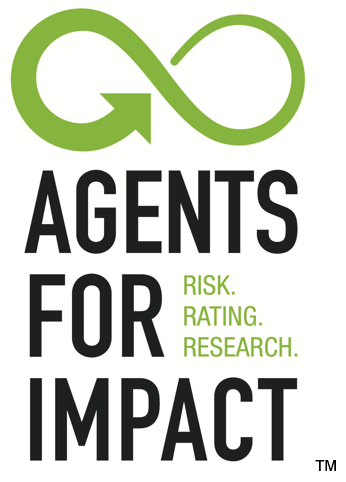 Agents for Impact GmbH (AFI), which acts as an intermediary between investors and the world of impact investing, successfully has won FS Invest Holding as an investor. With an eye on the long-term, as of August 2022, FS Invest took a 75-percent stake in our consulting boutique, which is focused on sustainability, impact investing and financial inclusion.
Agents for Impact GmbH (AFI), which acts as an intermediary between investors and the world of impact investing, successfully has won FS Invest Holding as an investor. With an eye on the long-term, as of August 2022, FS Invest took a 75-percent stake in our consulting boutique, which is focused on sustainability, impact investing and financial inclusion.
FS Invest is part of the Helmig family’s group of companies, which is already active in several other holdings in the financial sector, including through its ATON Group.
“We 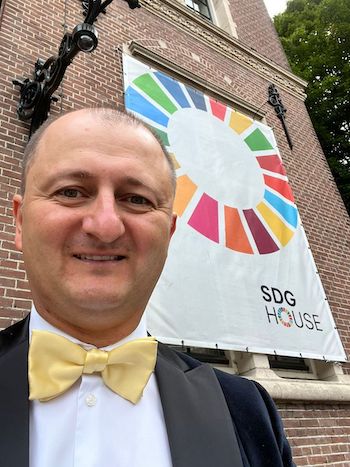 are pleased to have an experienced investor at our side that will carry Agents for Impact into the future and enable us to expand our business,” says Dr Andrij Fetsun, AFI’s CEO (pictured).
are pleased to have an experienced investor at our side that will carry Agents for Impact into the future and enable us to expand our business,” says Dr Andrij Fetsun, AFI’s CEO (pictured).
About AFI
AFI was founded in 2018 by Dr Fetsun and Ms Edda Schröder with the purpose of: (1) increasing impact investments in emerging and developing markets by building bridges between impact investors and the world of impact investing in order to enable financial inclusion for underserved populations across the world; and (2) contributing to the UN Sustainable Development Goals (SDGs) with the help of the firm’s proprietary SDG rating system, the Agents for Impact Sustainability Alignment Rating (AFISAR©) Tool.
AFISAR© helps microfinance institutions (MFIs) leverage the growing importance of strong sustainability performance vis-à?vis international investors, particularly impact investors. The rating tool analyses an MFI’s operations (at both the institutional and portfolio levels) based on a comprehensive set of

 British International Investment (BII), the UK’s development finance institution, recently subscribed to a bond issuance arranged by Switzerland-based Symbiotics in the amount of USD 75 million to be invested in 10 to 15 funders of micro-, small and medium-sized enterprises (MSMEs) in Africa, South Asia and Southeast Asia to boost “small-scale green projects and businesses.” To support the investments, BII has committed USD 520,000 in technical assistance for the retail lenders to help their clients invest in assets such as “rooftop solar panels, sustainable agriculture, energy-efficient appliances” and others. The program spans
British International Investment (BII), the UK’s development finance institution, recently subscribed to a bond issuance arranged by Switzerland-based Symbiotics in the amount of USD 75 million to be invested in 10 to 15 funders of micro-, small and medium-sized enterprises (MSMEs) in Africa, South Asia and Southeast Asia to boost “small-scale green projects and businesses.” To support the investments, BII has committed USD 520,000 in technical assistance for the retail lenders to help their clients invest in assets such as “rooftop solar panels, sustainable agriculture, energy-efficient appliances” and others. The program spans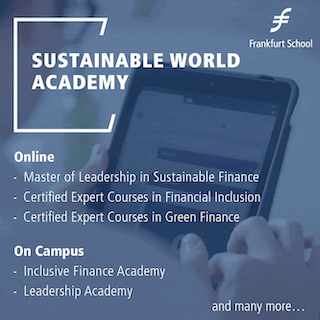
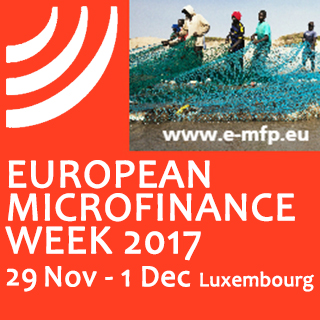 the opening day of
the opening day of 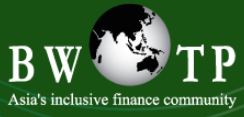
 Luchtenburg, who serves as coordinator for the
Luchtenburg, who serves as coordinator for the